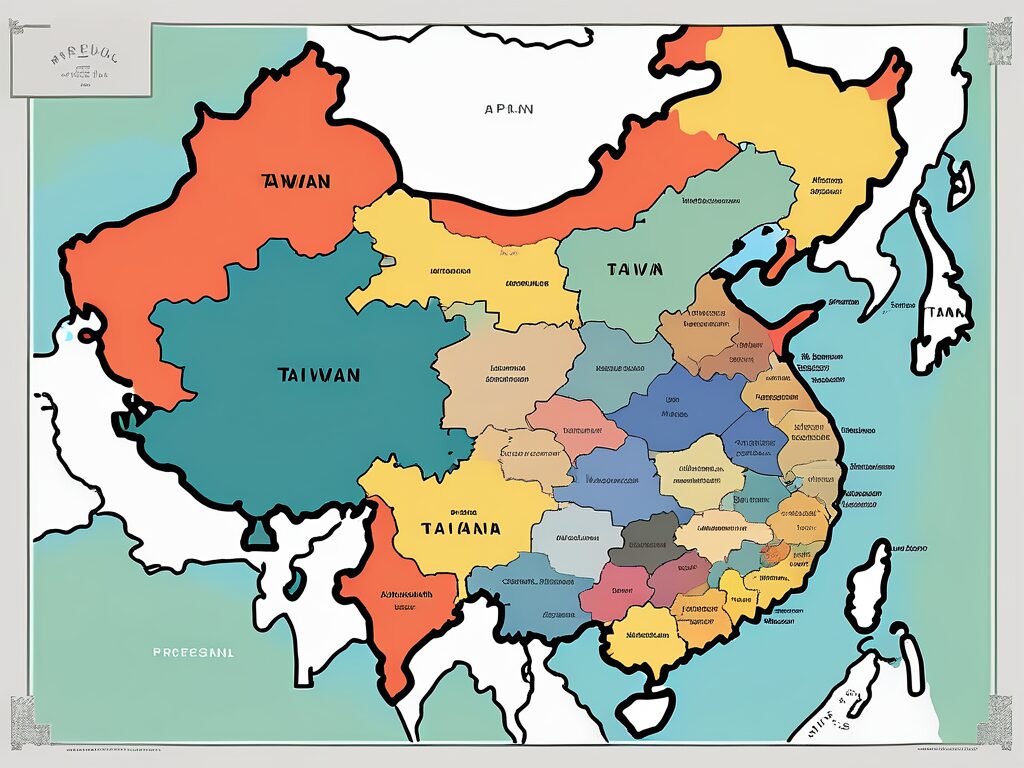2025 Insights: English Proficiency Levels in Taiwan Unpacked
Taiwan, a nation celebrated for its vibrant night markets, impressive skyscrapers, and rich cultural tapestry, is also making notable advancements in English language proficiency. In an increasingly interconnected world, the significance of English as a global lingua franca is paramount. This guide provides a comprehensive analysis of the English proficiency levels in Taiwan, examining the multifaceted aspects of English education and proficiency across various demographics.
Current Landscape of English Education in Taiwan
Integration of English in the Educational Framework
English language instruction in Taiwan commences at an early age, with its introduction as a core subject in primary education. The Taiwanese government acknowledges the critical role of English in the global context and has instituted several policies aimed at enhancing English proficiency among its populace. Notably, the ‘Bilingual Nation by 2030’ initiative aspires to establish Taiwan as a bilingual country, recognizing both English and Mandarin as official languages.
Despite the early introduction of English, the predominant teaching methodologies often emphasize rote memorization and grammar translation. This approach may not adequately prepare students for practical language use, akin to understanding swimming theory without actual practice in water.
Private English Language Instruction
In light of perceived deficiencies within the public education system, a significant number of Taiwanese parents choose to enroll their children in private English language centers. These institutions frequently employ native English speakers and utilize more interactive pedagogical strategies, fostering a more immersive learning environment. This method can be compared to learning culinary skills from a professional chef rather than relying solely on a cookbook.
However, the financial burden of private tuition can create disparities in English proficiency across different socio-economic strata, highlighting the need for equitable access to quality English education for all Taiwanese citizens.
Assessment of English Proficiency Levels in Taiwan
General Proficiency Overview
According to the EF English Proficiency Index, Taiwan ranks 40th out of 100 countries regarding English proficiency. This positioning categorizes Taiwan within the ‘moderate proficiency’ tier, although it is noteworthy that the country’s ranking has shown a consistent upward trajectory over recent years. This progress can be likened to a marathon runner gradually improving their performance through dedicated training.
Nonetheless, there remains significant potential for enhancement, particularly in the domains of speaking and listening skills. This shortfall may be attributed to the educational system’s emphasis on reading and writing, which often results in the neglect of oral communication skills.
Demographic Variations in Proficiency
English proficiency in Taiwan exhibits considerable variation across demographic groups. Younger individuals, especially those residing in urban areas, generally demonstrate higher levels of English proficiency. This trend is likely influenced by increased exposure to English through digital media, entertainment, and educational resources. Conversely, older generations and individuals in rural regions tend to exhibit lower proficiency levels, primarily due to limited exposure and fewer opportunities for language practice.
Strategies for Enhancing English Proficiency in Taiwan
Government-Led Initiatives
The Taiwanese government has proactively launched initiatives aimed at bolstering English proficiency. The ‘Bilingual Nation by 2030’ policy seeks to integrate English into everyday life and enhance the quality of English education. The success of these initiatives hinges on effective implementation and public engagement, akin to the adherence required for a successful dietary regimen.
Leveraging Technology for Language Learning
Technology plays a crucial role in advancing English proficiency in Taiwan. Online learning platforms offer accessible and cost-effective resources for English language acquisition, thereby dismantling traditional barriers to education. Furthermore, technology facilitates interactive learning experiences, making the process of acquiring English more engaging and effective.
In conclusion, while Taiwan has made commendable progress in English proficiency, there remains ample opportunity for further development. Through the implementation of strategic policies, innovative teaching methodologies, and the integration of technology, Taiwan can continue to elevate its English proficiency levels and enhance its global standing.
Advance Your English Teaching Career with IPGCE
As Taiwan continues to enhance its English proficiency, the demand for qualified educators with a comprehensive understanding of international education systems is on the rise. For educators seeking to elevate their qualifications, the International Postgraduate Certificate in Education (iPGCE) offers a Level 7 program designed to address barriers such as stringent qualifications, limited career progression, and professional isolation. By pursuing the iPGCE, educators not only enhance their credentials but also improve their prospects for interviews, promotions, and salary advancements while connecting with a global network of professionals. Embrace the opportunity to balance professional development with current commitments through our flexible online study options. Join the UK’s #1 Teacher Training Course and become an integral part of Taiwan’s journey towards exceptional English proficiency.

